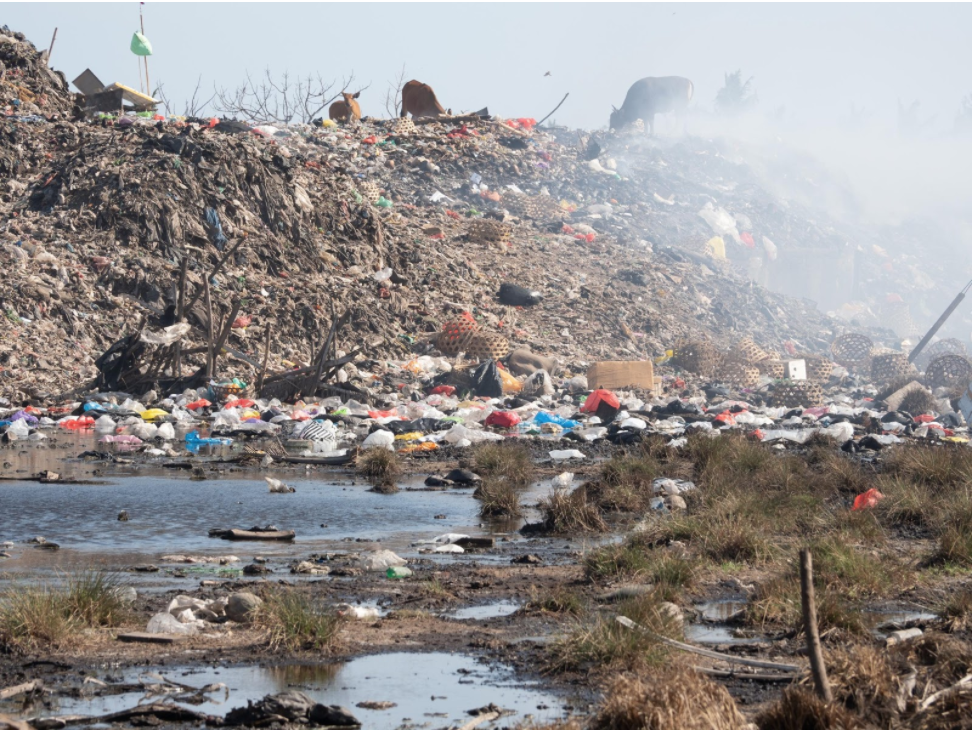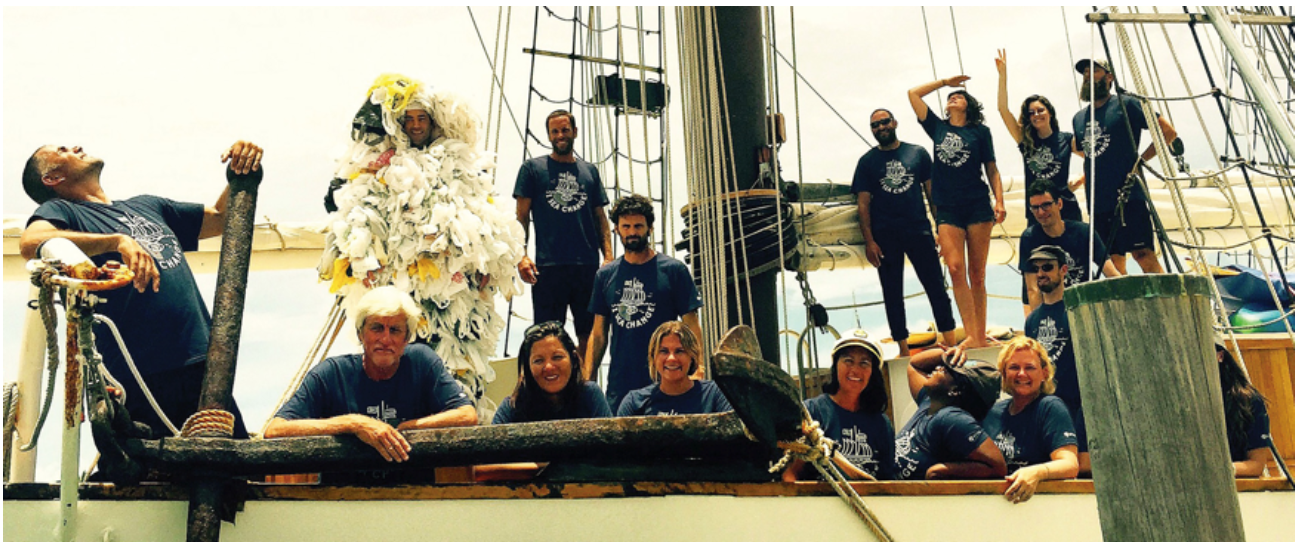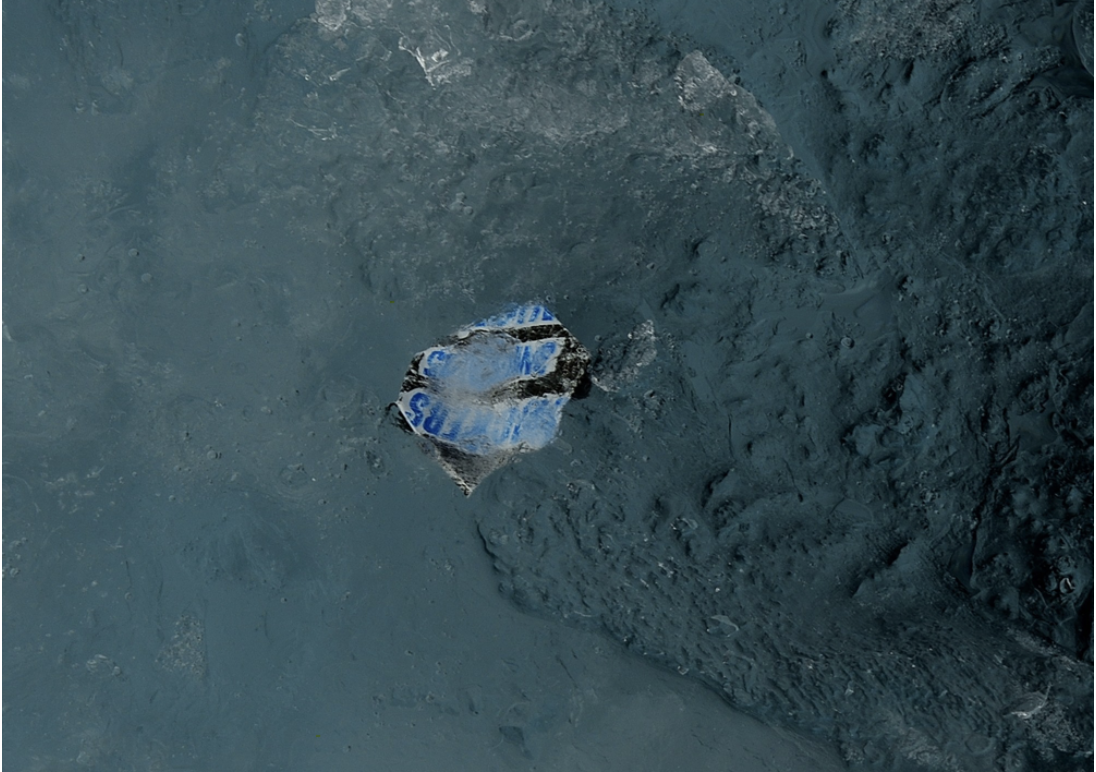NEWSROOM

Playing Chess with the Government
As the nation held its breath on November 3, 2020, waiting on the decision on who will lead our country for the next four years, we collectively knew the results wouldn’t be available immediately. We all knew we would need to wait for the counting to end and the tallies to be added up and that ultimately our system would triumph. Today, we still wait for the results of an unprecedented election in an unprecedented time.
For nonprofits like 5 Gyres, government plays a critical role in our work as the gatekeepers to better laws that influence the way resources are used and disposed of. In particular, plastic waste has become a hot topic over the past ten years with mainstream media picking up on the global health crisis we’ve reported through our expeditions and first hand research. These findings, along with the findings and work of hundreds of other organizations that have emerged, are now being discussed by the public and elected officials alike. Without a foundation of science it would be an uphill battle to pass new laws to govern the use and disposal of plastic.

In Conversation with the ACC: Finding Solutions To Plastic Pollution
How do we reduce substantial plastic leakage into the environment—one of the greatest challenges we face as a society? In Summer 2020, Meridian brought together Marcus Eriksen of the 5 Gyres Institute and Stew Harris of the American Chemistry Council (a plastics industry trade organization) for a conversation on how to achieve this shared vision. They represent historically-opposed communities on the issue of plastics, but the conversation illuminated many shared values and ideas—as well as some differences of perspective that leave room for further dialogue.

Celebrating 5 Years of SEA Change
5 years ago, the Sea Change Expedition sailed across the North Atlantic – the culmination of our global survey of plastic pollution, but are we any better today than we were then?
The tragedy of the pandemic has unleashed a flood of single-use plastics in the form of protective gloves and masks, and an exponential increase in goods delivered with throw-away packaging and materials. What world do we want to create when the economy re-emerges?

Plastic Is The New Tobacco
Americans throw away 35 billion plastic water bottles every year, and only 12 percent of these get recycled or downcycled. Metal cans, by contrast, are endlessly recyclable, becoming new cans over and over without deteriorating at all.

Plastic in Polar Regions: Keeping plastic from trashing people and at risk places
It’s no surprise to find a plastic candy wrapper frozen in an iceberg. You can’t watch trillions of bits of plastic, large and small, leave our communities globally and not expect the wind and waves to take it far and wide. The linear economy for plastics is failing people in remote communities and hampering the conservation of pristine places, but there’s a way out.

Ground-Breaking Federal Legislation Tackles the Root of the Plastic Pollution Crisis
The Break Free From Plastic Pollution Act, co-authored by Senator Tom Udall and Representative Alan Lowenthal, is unprecedented legislation that seeks to meaningfully address the plastic pollution crisis by shifting responsibility for waste management and recycling to manufacturers and producers, setting up a national beverage container refund program, establishing minimum recycled content standards, as well as a phasing out certain single-use plastic products that aren’t recyclable. Additionally, this legislation will prohibit plastic waste from being exported to developing countries and place a temporary pause on new plastic facilities until the EPA updates and creates important environmental and health regulations on those facilities.
